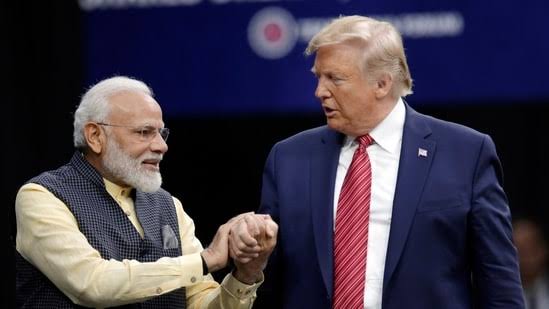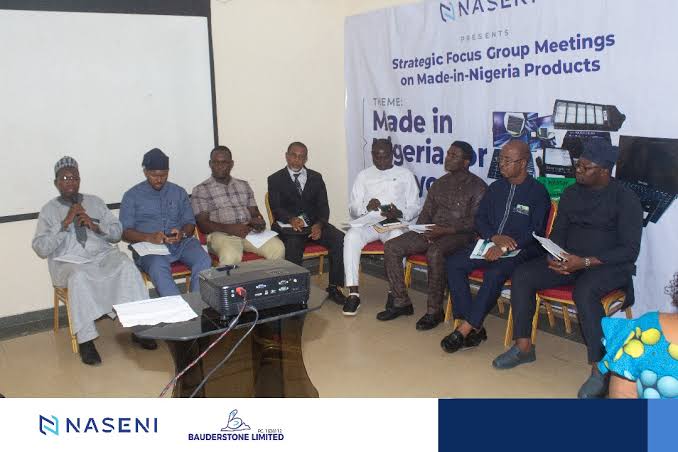India maintains elevated tariffs that restrict imports, according to Kevin Hassett, a leading economic adviser to U.S. President Donald Trump. He indicated on Monday that there are significant topics for discussion between Trump and India’s Prime Minister during their upcoming meeting.
Trump advocates for the United States to implement reciprocal tariffs that match those of other nations, as Hassett explained in a CNBC interview, stating, “If they decrease, we will decrease.”
He pointed out that nearly all trading partners impose tariffs that are considerably higher than those of the U.S., highlighting that Canada, Mexico, and the United Kingdom have tariffs comparable to those in the United States, while countries like Taiwan and India have much steeper rates.
Earlier reports from Reuters indicated that Prime Minister Narendra Modi is preparing to announce further tariff reductions ahead of his two-day visit to Washington starting Wednesday.
On Sunday, Trump mentioned his intention to unveil new 25% tariffs on all steel and aluminum imports into the U.S. on Monday, in addition to existing metal duties, and to introduce reciprocal tariffs on Tuesday or Wednesday, which would take effect almost immediately.
Trump has previously labeled India as a “very big abuser” in trade matters and has encouraged the country to increase its purchases of American-made security equipment to foster a more equitable trading relationship.
India is contemplating tariff reductions across at least a dozen sectors, including electronics, medical equipment, and chemicals, to enhance U.S. exports in alignment with New Delhi’s domestic production initiatives, according to three government officials.
Additionally, India aims to propose an increase in energy product imports from the United States, projected to exceed $11 billion in the first eleven months of 2024, as a means to address trade imbalances.
As the fourth-largest importer of liquefied natural gas (LNG) globally, India may encourage its oil companies to acquire more U.S. LNG, supported by the Trump administration’s removal of export permit restrictions for new projects.
According to data from the World Trade Organization, India’s average tariff rate stands at 17%, while the United States has a significantly lower rate of approximately 3.3%. When considering trade-weighted averages, India’s rate is around 12%, compared to the U.S. rate of 2.2%.
Hassett expressed to CNBC that Trump was worried about the Biden administration’s decision to issue waivers for tariffs on steel and aluminum, which were originally implemented during Trump’s presidency to maintain adequate steel production in case of a conflict. “Steel capacity increased significantly, and then suddenly, there are waivers for this and waivers for that. There are hundreds and thousands of waivers,” Hassett remarked. “So President Trump, as he often does, is saying, ‘Alright, let’s just eliminate the waivers, and he will do it at a time of his choosing.'”





